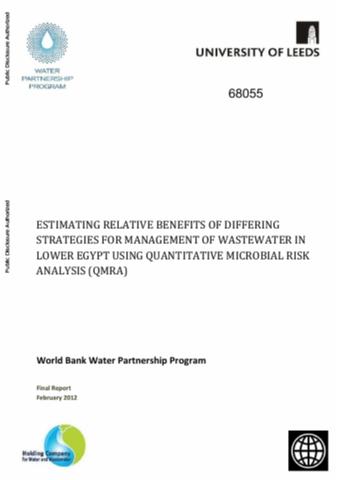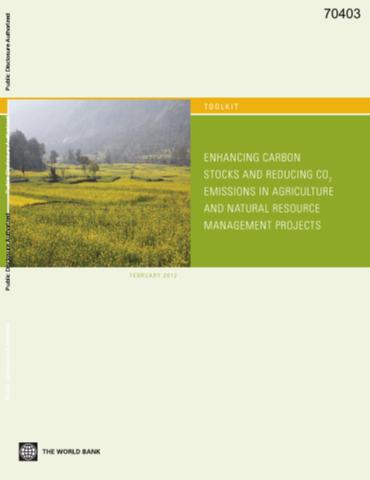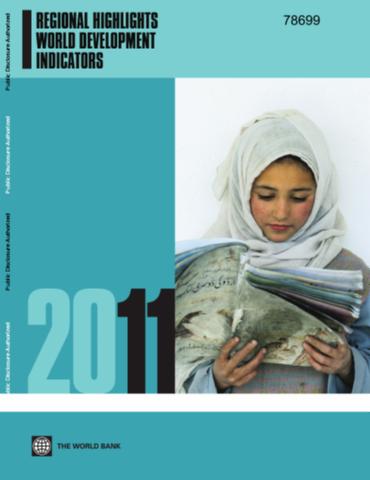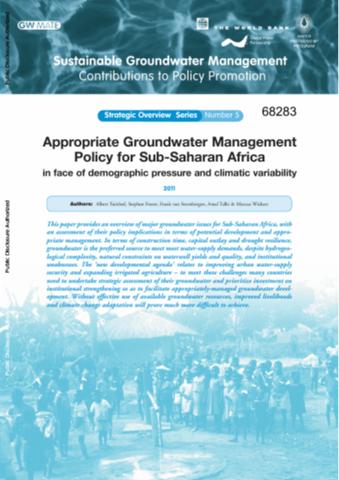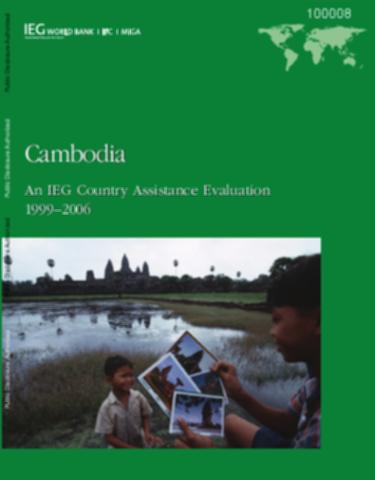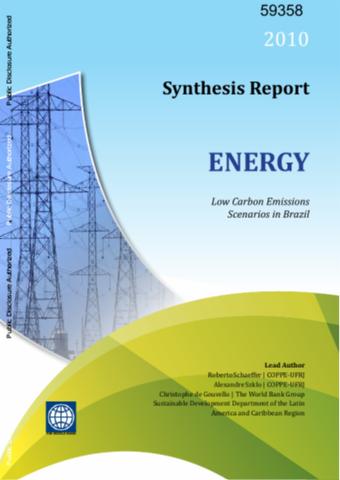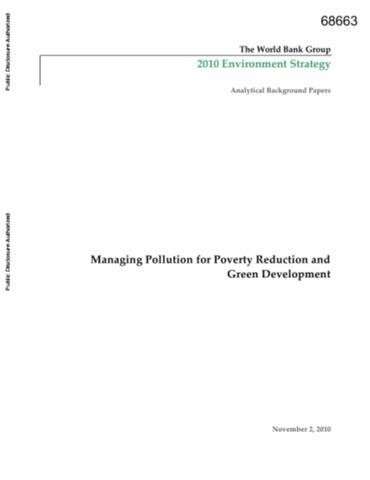Reconciling Climate Change and Trade Policy
There is growing clamor in industrial
countries for additional border taxes on imports from
countries with lower carbon prices. The authors confirm the
findings of other research that unilateral emissions cuts by
industrial countries will have minimal carbon leakage
effects. However, output and exports of energy-intensive
manufactures are projected to decline potentially creating
pressure for trade action. A key factor affecting the impact


